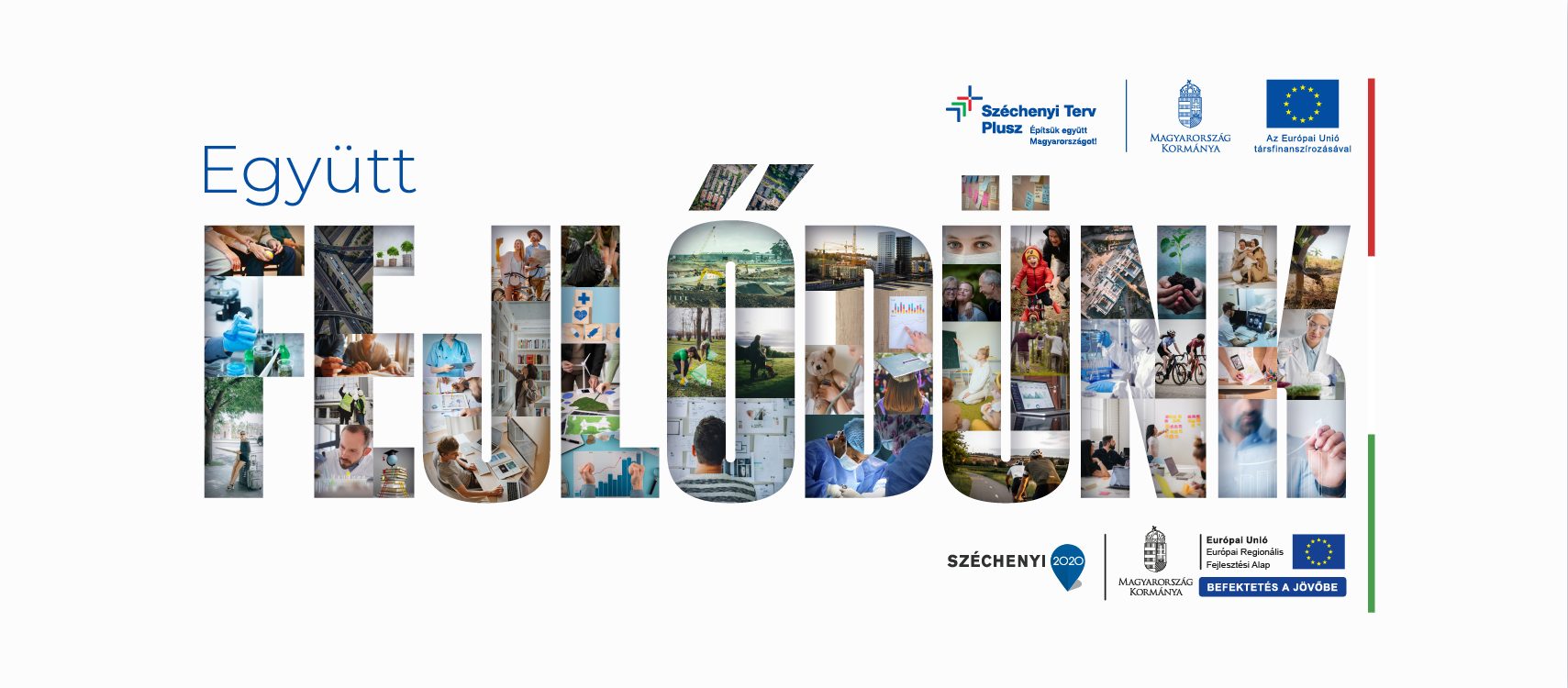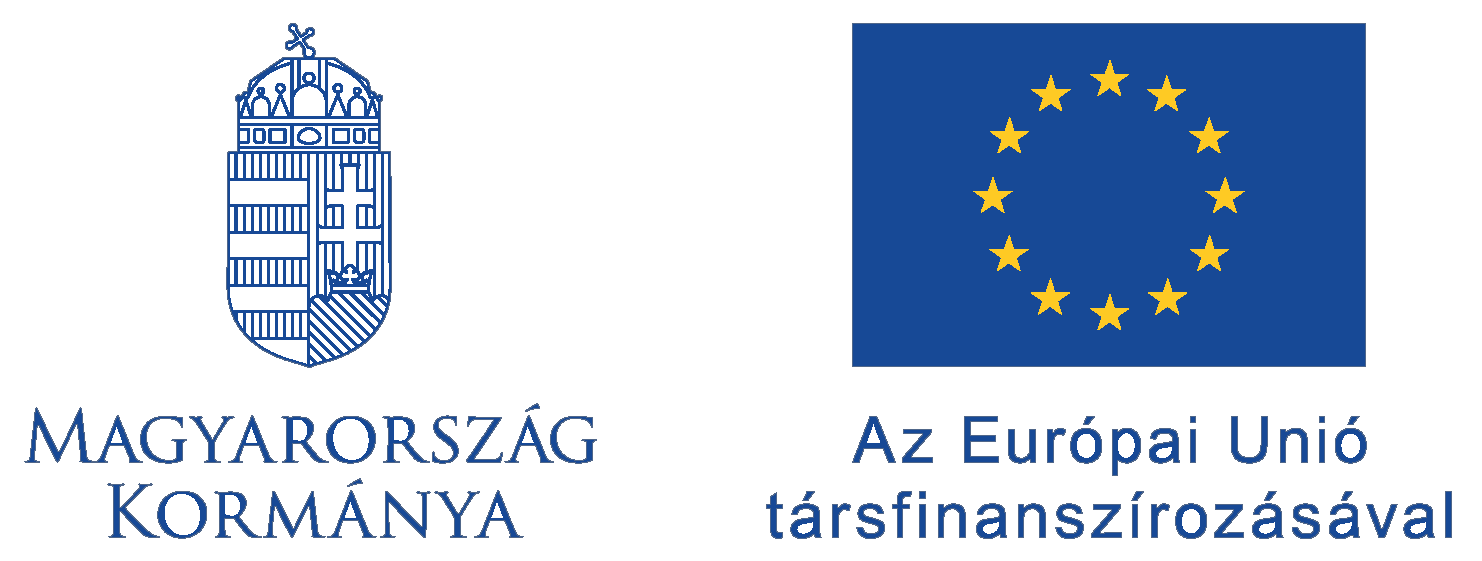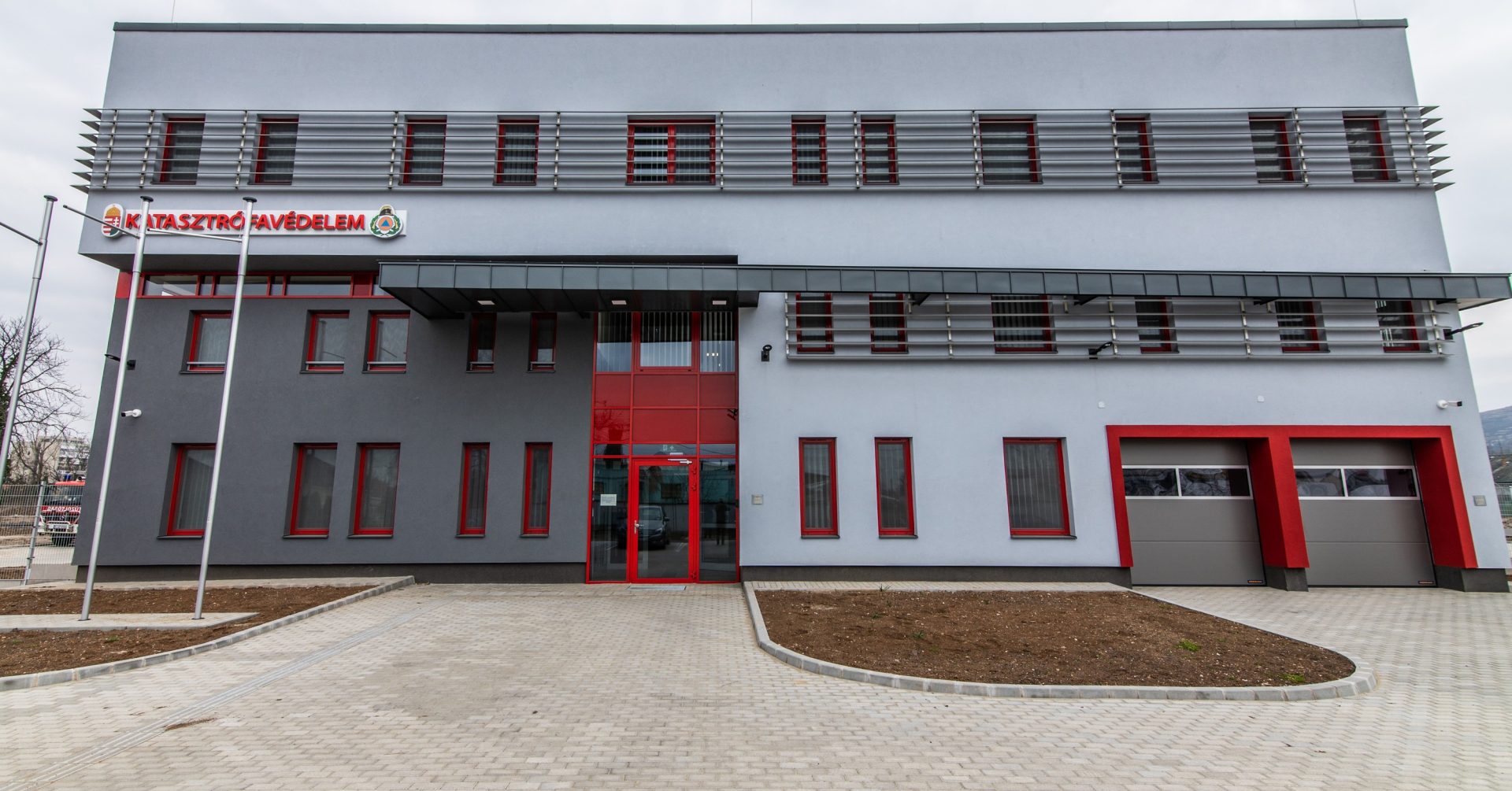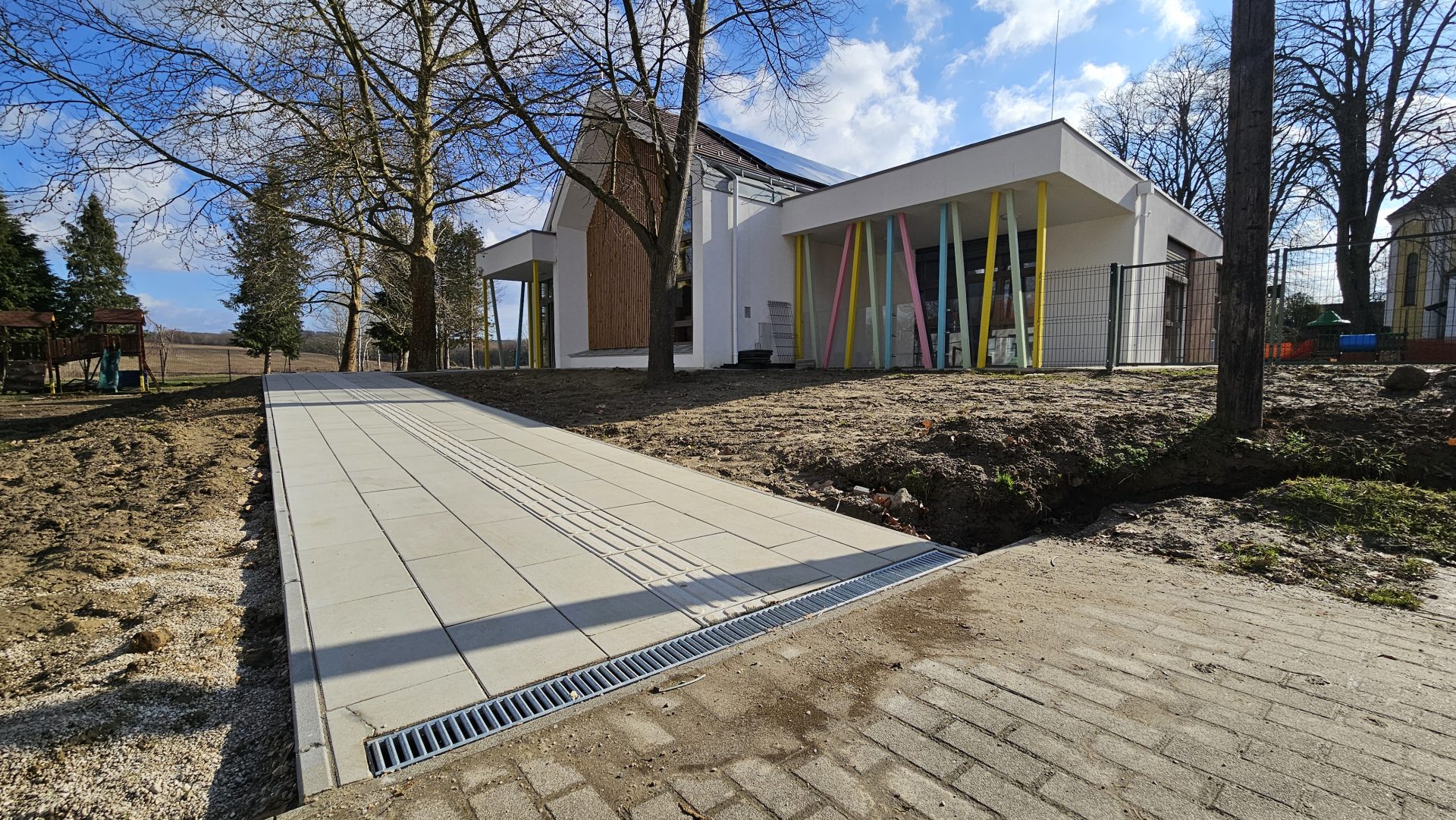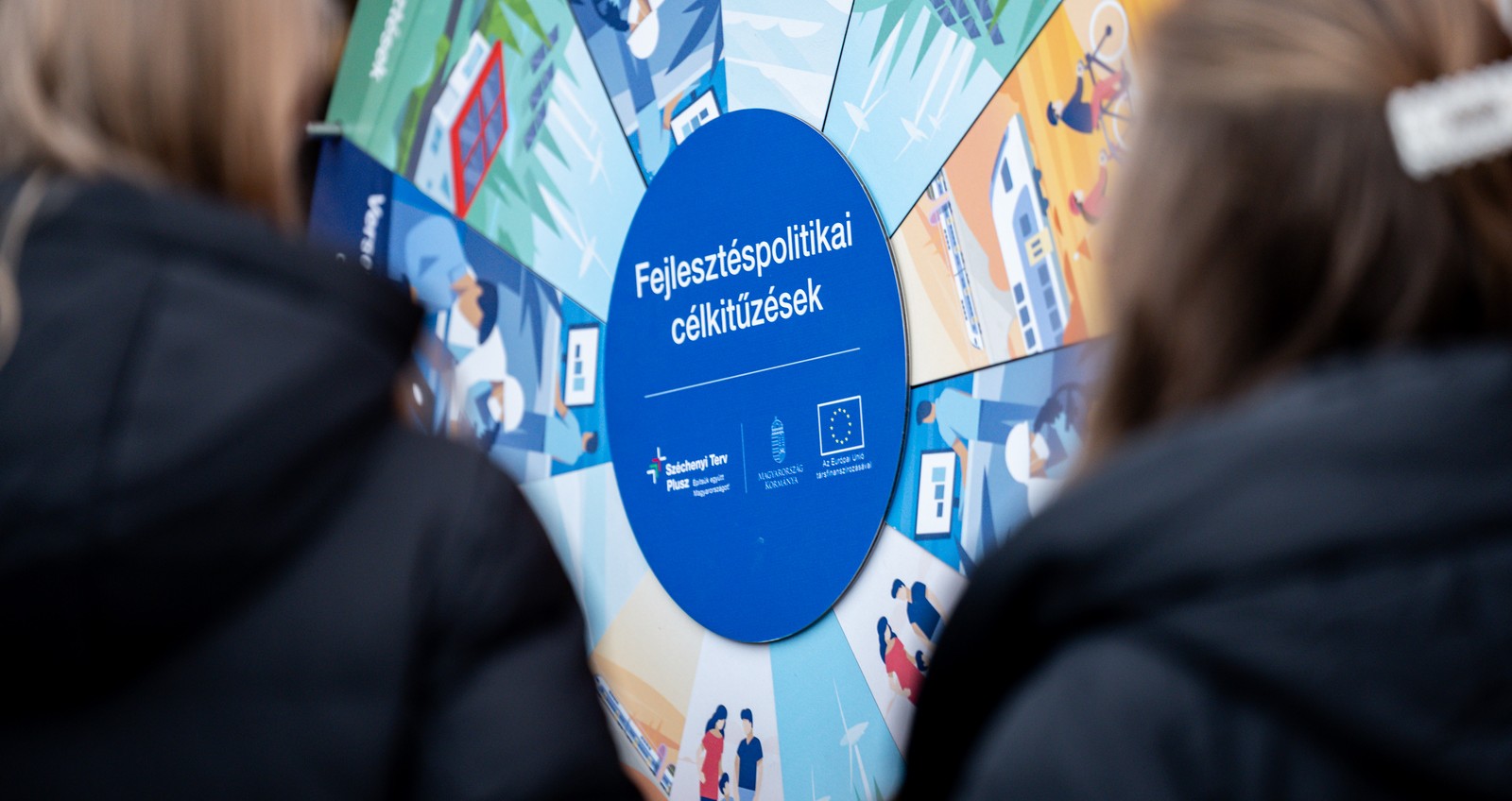In the autumn of 2016, the Budapest Reformed Roma College (RefoRom) opened its doors, providing dormitory accommodation, scholarships, as well as self-awareness, cultural, and professional programs for Roma-origin and disadvantaged students in higher education. Thanks to the investment realized during the 2014 to 2020 European Union funding period, the college accommodation for 34 students can be resolved from semester to semester.
The mission of the Christian Roma College Network is to deepen the Roma culture and educate a versatile, committed Christian intelligentsia that embraces its Roma identity, alongside providing professional support for higher education training. The Budapest Reformed Roma College fits seamlessly into this framework, aiming to create opportunities for disadvantaged university students through dormitory accommodation, scholarships, language learning opportunities, and organizing self-awareness, cultural, and professional programs. This enables them to compete in higher education and achieve outstanding academic results.
The decision to establish the Budapest Reformed Roma College was made in December 2015. The Reformed Church of Hungary designated its property, the Tábita College on Belényesi Street in Budapest, for this purpose, where accommodation for 34 people became possible after the handover.
The opening of RefoRom is an important step towards achieving a long-term goal, ensuring – in the spirit of integration – the talent management and Christian lifestyle education of primarily Roma-origin students in higher education.
The project, realized under the Competitive Central Hungary Operational Programme, primarily aimed to provide a comprehensive vocational college program for disadvantaged and multiply disadvantaged students admitted to Károli Gáspár University of the Reformed Church and other universities in and around Budapest. This opportunity greatly contributes to their academic success, retention in higher education, and to increasing their social engagement and community activity.
The investment was implemented with European Union funding under the CCHOP-7.4.1-16-2016-00002 project.
You can learn more about the project in the supported project search:Details
